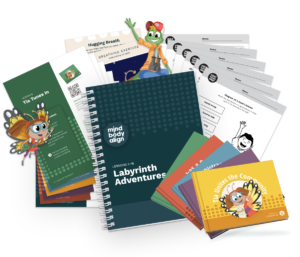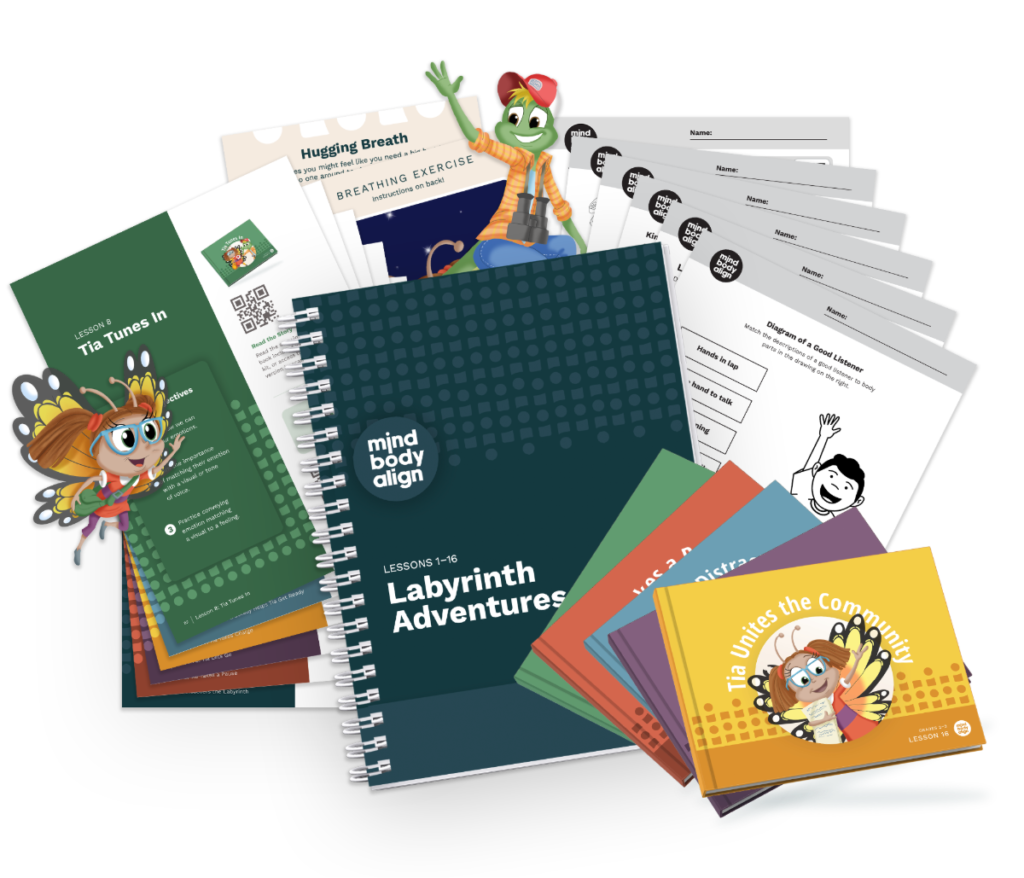Exams are one of the most stressful periods during school, especially when faced with the pressure to perform well. However, transitions such as moving from studying to taking an exam or even transitioning between different topics can also be challenging. Practicing mindfulness can help students approach these transitions with greater clarity and confidence. Here are ten ways to harness the power of mindful exam prep:
1. Reduce Stress Levels to Improve Concentration and Memory Retention
Mindfulness can help reduce stress levels, which is essential during exam time. By reducing stress, students can improve their concentration and memory retention while studying, making it easier to transition into the exam phase.
2. Clear Your Mind to Stay Focused During Exams
Mindfulness practices, such as meditation, can help clear the mind of anxiety and nervousness, allowing students to stay focused during exams without being overwhelmed by emotions. This can help them transition into the exam phase more smoothly.
3. Take Mindful Breaks to Stay on Track with Learning Goals
Regular mindful breaks during studying sessions can provide balance between thoughts and feelings, helping to reduce procrastination and stay on track with learning goals. This can make the transition between different topics easier.
4. Improve Self-Awareness to Maximize Potential
Improved self-awareness achieved through mindfulness helps students to be aware of their strengths, allowing them to maximize their potential when it comes to taking exams. This can help students transition from studying to taking an exam with confidence.
5. Use Mindful Breathing to Reduce Physical Tension
Mindful breathing exercises help reduce physical tension, which is essential for successful exam taking. A relaxed body usually leads to better overall performance in tests and assessments. This can help students transition from a state of anxiety to a more relaxed state.
6. Decrease Cortisol Levels to Remain Composed
According to a recent study by a Rutgers University doctor, mindfulness practices such as meditation can significantly reduce cortisol levels, making it easier for students to remain calm during exams and other challenging situations. The study found that meditators experienced a nearly 50% reduction in cortisol levels, which is a significant improvement. As many scientists consider cortisol to be public enemy #1 due to its link to stress and anxiety, meditation can help students transition from a state of anxiety to a more composed state, improving their ability to perform during exams and other important transitions.
7. Cultivate Kindness to Build Genuine Confidence
By cultivating kindness towards oneself and others, mindfulness keeps negative thoughts at bay and builds genuine confidence that aids success in stressful situations like exams. This can help students transition from a negative mindset to a more positive and confident one.
8. Practice Gratitude to Stay Positive
Practicing mindful activities encourages appreciation for all aspects of life, no matter how small or insignificant they may seem. This positively affects one’s emotional state making them less grumpy during challenging times like facing exams. This can help students transition from a negative mindset to a more positive one.
9. Improve Awareness of Your Emotional State
Mindfulness improves awareness of one’s own emotional state. This helps students identify triggers that may be preventing them from performing at their best so that they can take steps to manage such negative feelings. This can help students transition from a negative emotional state to a more positive one.
10. Take a Step Back to Look at Questions Objectively
Being able to take a step back from difficult exam questions means that students can look at them objectively rather than getting overwhelmed by the pressure due to emotions getting in the way. This can help students transition from an emotional state to a more objective state.
Exam time and transitions between different study sessions can be challenging, but incorporating regular mindful exercises into your routine can help ensure a more peaceful approach throughout this period. By reducing stress levels, improving self-awareness, and cultivating positive emotions, students can transition into exam periods with greater clarity and confidence. Invest some time each day into the power of mindful exam prep – you’ll thank yourself later!










